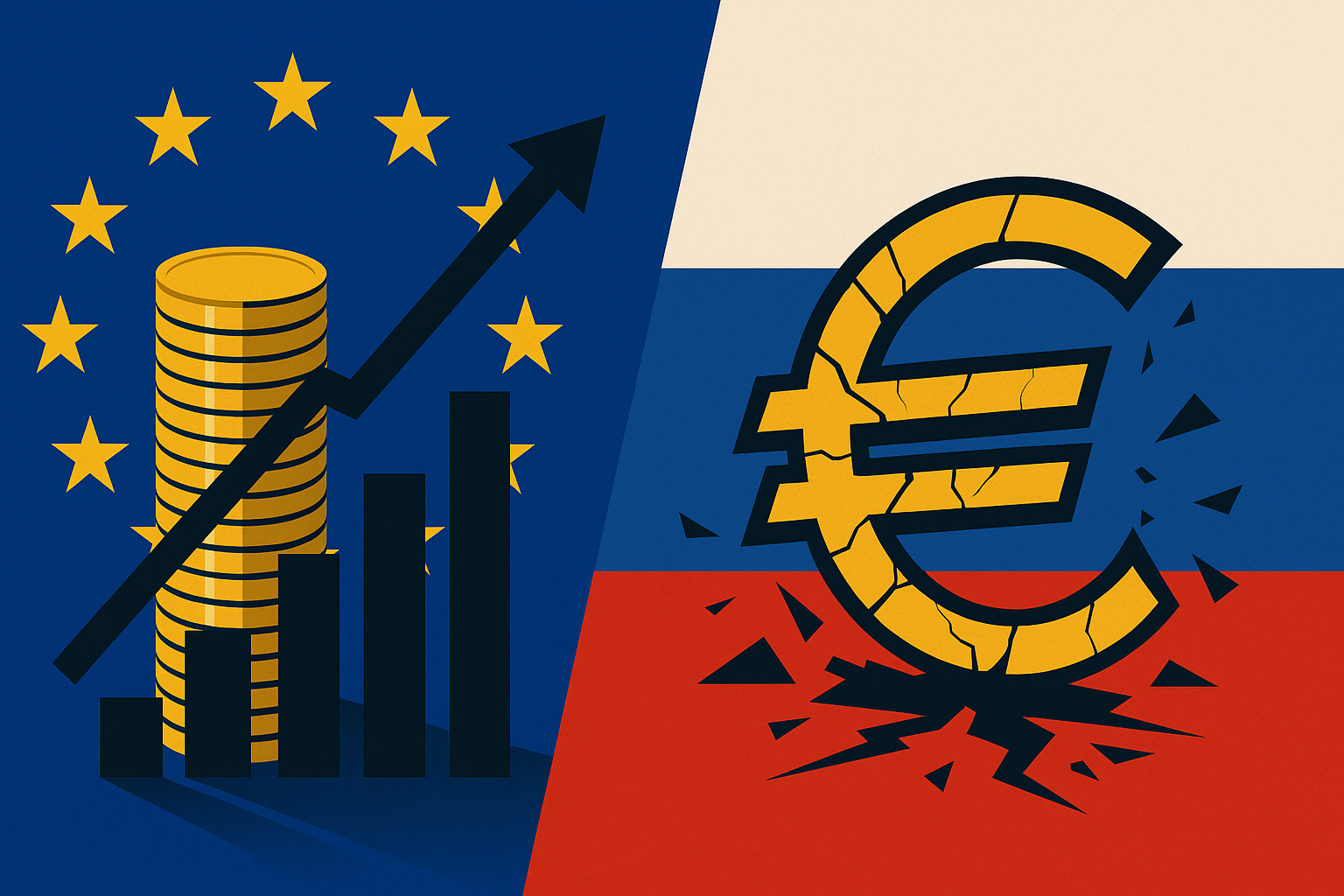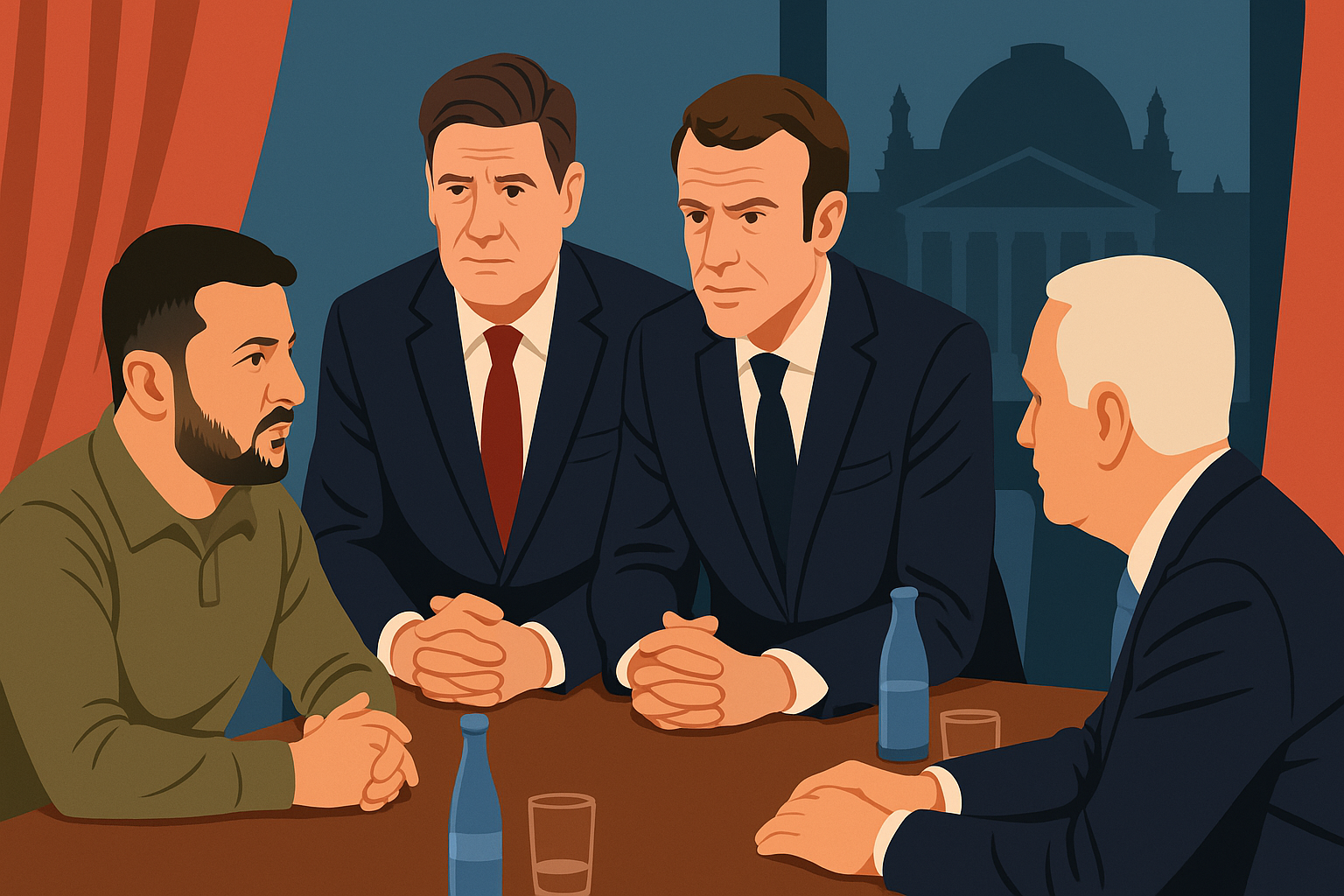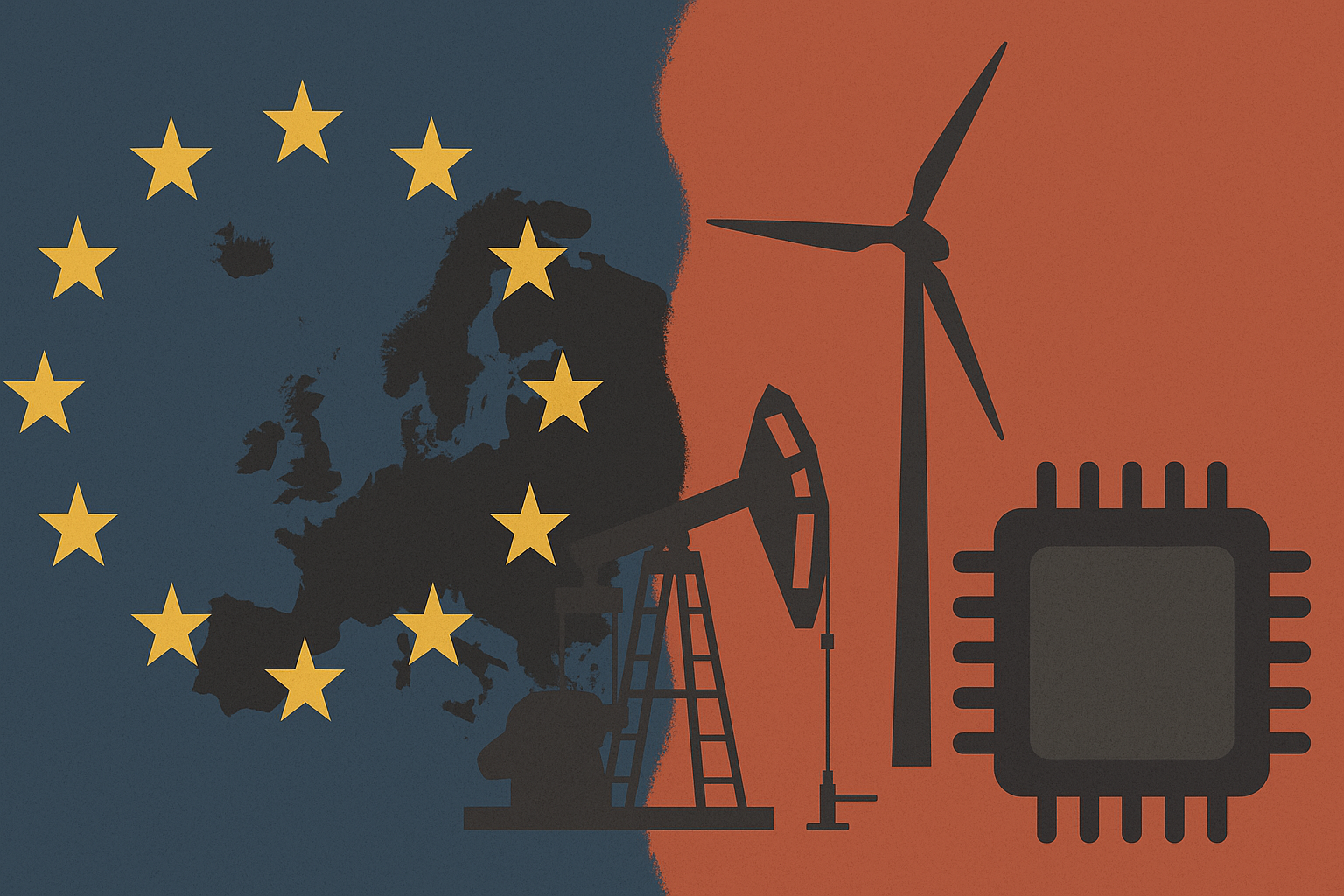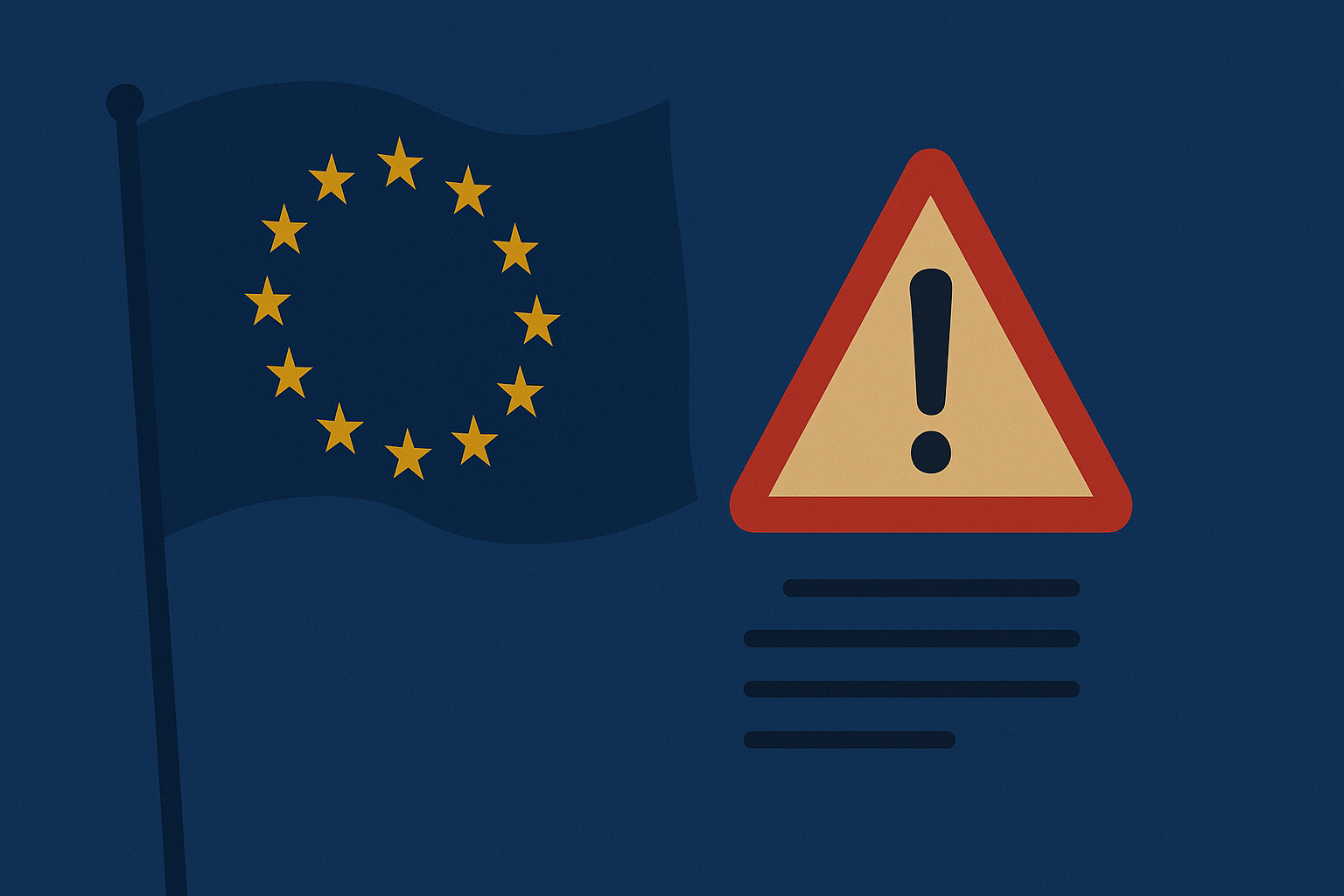French President Emmanuel Macron, in a recent speech addressing defense and the adverse impacts of Brexit, denounced migration strategies that entail relocating individuals to African nations as “a betrayal of our [European] values.” His criticism comes shortly after the UK government’s approval of its Rwanda deportation bill.
During his address on Thursday, Macron cautioned Europe against excessive reliance on external nations for security and trade, characterizing such dependency as a potential threat to the region’s autonomy and interests.
Addressing the issue of migration, Macron expressed his opposition to a particular approach, stating, “I do not believe in this model that some people want to implement, which involves seeking out a third country, such as in Africa, and relocating our immigrants there.” He emphasized that such a strategy constitutes a betrayal of European values and could lead to increased reliance on third countries.
While not directly referencing Rishi Sunak’s Rwanda plan, Macron did not shy away from expressing his views on Brexit. He characterized Britain’s departure from the EU as “an explosion whose negative effects, from what I can tell, have meant that today nobody dares to propose exits, neither from Europe nor from the euro.”
Macron also highlighted the British as “natural allies” of both France and the EU, underscoring that defense treaties, including the Lancaster House agreements inked in 2010 with the UK, provided a robust basis for partnerships that remained unaffected by Brexit.
Delivered within the grand setting of a neoclassical amphitheater at Sorbonne University in Paris, Macron’s speech centered predominantly on defense concerns. He urged European leaders to address the “paradigm shift” brought about by the invasion of Ukraine by a nuclear-armed Russia.
“The fundamental requirement for our security is to prevent Russia from prevailing,” Macron stated. “Europe must have the capability to defend its core interests in collaboration with its allies. Should we consider implementing an anti-missile shield or system? Perhaps.”
“In the face of a neighboring nation displaying increasing aggression without apparent limits, possessing ballistic missiles, and advancing in the technology and range of these missiles, it becomes evident that we must establish a strategic framework for credible defense.”
Macron advocated for enhanced cooperation among European armies, proposed the establishment of “regional European defense frameworks” in the Mediterranean and Arctic regions, and suggested the creation of a European military academy.
Asserting that Europe should not be subservient to the US, Macron emphasized the importance of demonstrating Europe’s ability to engage with all regions of the world.
The speech was positioned as a continuation of Macron’s address at the Sorbonne in 2017, shortly after his election as French president on a strongly pro-European centrist platform. At that time, Macron criticized Europe for being “too slow, too weak, and too ineffective” and advocated for a “sovereign Europe,” which included proposals for a joint defense budget, common border controls, and collaborative industrial programs to promote green technology.
Now speaking from a position of considerable influence within Europe, yet facing the potential erosion of his power due to the declining poll ratings of his centrist faction, Macron asserted that the “European sovereignty agenda” outlined in 2017 had been largely put into practice. However, he warned that the threats to Europe’s global standing had intensified, emphasizing that “Europe is mortal; it can perish, and this solely hinges on our decisions.”
French officials portrayed the speech as Macron’s contribution to the ongoing discussion on the future trajectory of Europe, particularly in light of the upcoming European elections in June and the impending appointment of new leaders to head the EU institutions.
Addressing the intensifying US-China rivalry, Iran’s nuclear ambitions, and Russia’s aggressive behavior, Macron highlighted a sense of “acceleration in the world” to which the EU was inadequately responding. “Europe finds itself increasingly cornered on all its borders, and our reactions are lagging,” Macron remarked.
Following the speech, German Chancellor Olaf Scholz took to Twitter, expressing mutual aspirations for a strong Europe. He commended Macron’s speech, stating, “France and Germany both want Europe to remain strong. Your speech offers good ideas for achieving this, @EmmanuelMacron. Together, we will make progress in the EU: politically and economically. For a self-assured and innovative EU. Vive l’Europe!”
Scholz’s prompt response stands in stark contrast to Angela Merkel’s silence following Macron’s previous Sorbonne speech, which was widely interpreted as a lack of enthusiasm for his proposals.
In his latest speech, Macron reiterated familiar French themes, advocating for the significance of nuclear power in Europe’s transition to low-carbon energy, advocating for a more pragmatic trade policy to protect European producers, and emphasizing the need to enhance production of cutting-edge technologies like AI and arms within Europe.
Highlighting past shortcomings, Macron criticized previous decisions, stating, “We had entrusted our energy to Russia, our security to the United States, and our trade to China. Now, we must reclaim control.”








